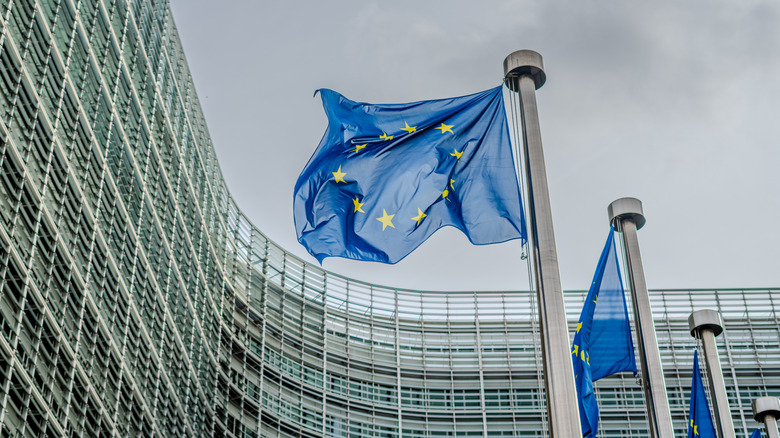EU Proposes Major Changes To Cookie Pop-Ups And AI Rules
In a recently published document, the European Commission reveals it wants to limit how often cookie pop-ups appear while also making AI rules clearer and more straightforward. According to a press release, the EU wants to modernize the General Data Protection Regulation (GDPR) by reducing those annoying cookie banner pop-ups in addition to streamlining AI rules.
With these future changes, users will be able to indicate their consent with a single click and save their cookie preferences through their browser's settings or operating system. That way, users won't have to grant or deny cookie tracking permission every time they access a new page.
Still, that's not the only change the European Commission has proposed, as it also wants a "digital omnibus package," which would simplify existing rules on AI, cybersecurity, and data in the European Union. Here's everything you need to know about these changes, and when they might take effect.
EU wants to embrace AI faster
According to the press release, the European Commission wants to save businesses up to 5 billion euros in administrative costs by 2029. This would be possible by unifying how cybersecurity issues are reported, as currently businesses need to create multiple reports under different regulations. Another improvement is that for "high-risk" AI systems, companies would only face full obligations once the necessary support tools and standards are in place, giving them up to a 16-month grace period for compliance.
The new legislation would also simplify rules under the Data Act, and a new "European Business Wallet" for companies would bring digital signing, timestamping, document exchange, and secure cross-border business identity that could help save up to 150 billion euros per year. That said, the EU wants to reduce administrative burdens by at least 25% by the end of 2029.
On the other hand, critics of these changes, such as the European Digital Rights, say that the EC's changes might help dismantle the very foundations of human rights and tech policy in the EU. With the proposal recently published, it now has to be submitted to the European Parliament and the Council of the European Union for adoption.

